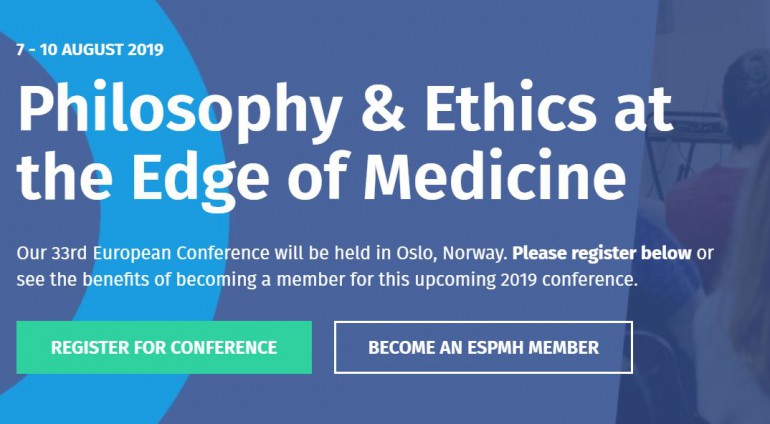
What are the ethical and regulatory challenges in light of recent developments of DTC genetic testing?
A seminar session during the 33rd European conference on philosophy of medicine and health care: PHILOSOPHY AND ETHICS AT THE EDGE OF MEDICINE, Oslo 7.–10. August 2019
Time: August 9th 2019, 10.30-12.55
Place: University of Oslo library, House of Georg Sverdrup (map here)
Organizers: The Nordic Committee on Bioethics and The Norwegian Biotechnology Advisory Board
This event requires registration and has a registration fee. The event will be filmed. Link is coming!
For two years in a row a direct-to-consumer (DTC) genetic test has been among the top selling products on Amazon.com during the Black Friday weekend. Genetic tests to learn about ancestry are the most popular. But health related testing is also on the rise. DTC genetic tests for Alzheimer’s disease, heritable cancers and pharmacogenetics are approved by the US Food and Drug Administration. Tests for other non medical traits are also available. And to sequence all your genes can now be done to price many people can afford.
While sales are peaking, some unexpected effects of DTC genetic testing are beginning to surface. The police have accessed ancestry databases to solve cold cases. Once anonymous sperm and egg donors have been contacted by their biological offspring. Children have discovered that their father is not their biological father.
These recent developments raise ethical questions. Increased availability of genetic information may affect the way we, as a society, think about health, disease and responsibility for health. It may create new demands on health care systems, clinicians and patients – but also new opportunities to learn about oneself and about human diversity. As with all new technologies, there may be both challenges and opportunities yet overlooked as a result of the sheer scale.
DTC genetic testing is an international market and difficult to govern. Hence, self regulation more than legislation has been the rule. In the US some regulations have been put in place. In the EU some regulations will be in effect from 2022 with the revised regulation for medical devices. Still: the debate on regulation is scarce and leaves many legal, ethical, medical and philosophical questions unresolved.
This session will focus on the ethical and regulatory challenges in light of recent developments of DTC genetic tests:
- How does the use of DTC genetic tests affect our understanding of health and disease?
- Big data, privacy, and consumers: how do we protect vulnerable parties?
- What ethical challenges are raised in the case of minors? How to navigate between responsible parenting and the childs right to an open future?
- The boundaries between medical norms and values such as curiosity and the right to know?
- DTC tests as a useful supplement to health care systems or an additional strain on already scarce resources?
- Is it possible and desirable to regulate or ban DTC genetic testing?
Contact:
Madeleine Hayenhjelm: madeleine.hayenhjelm@umu.se
Truls Petersen: truls.petersen@bioteknologiradet.no





